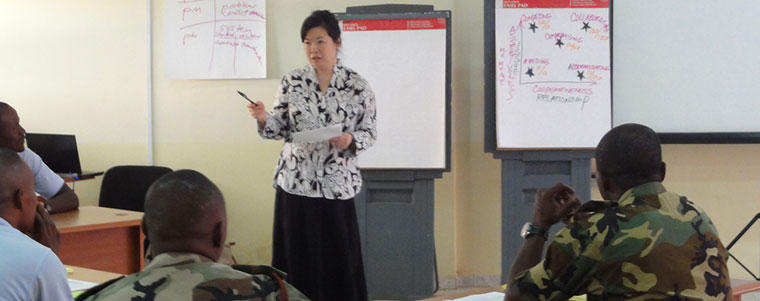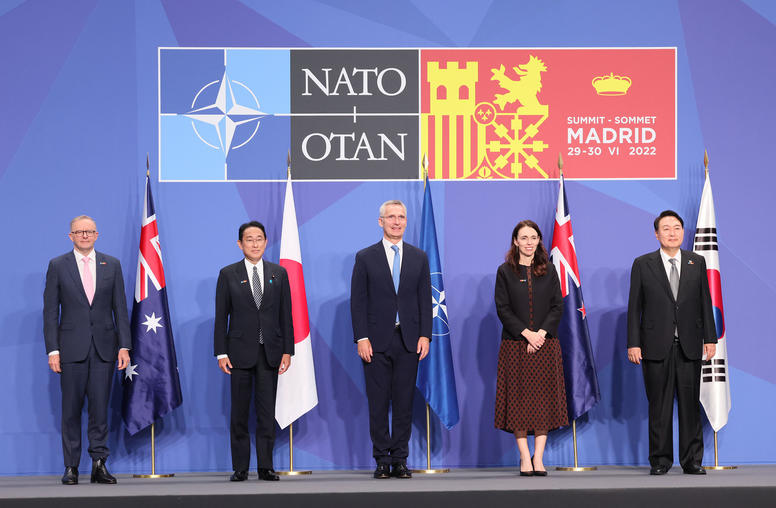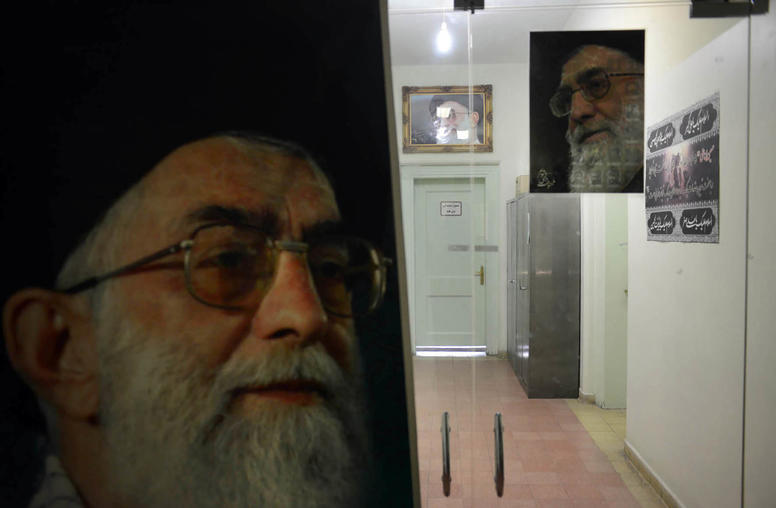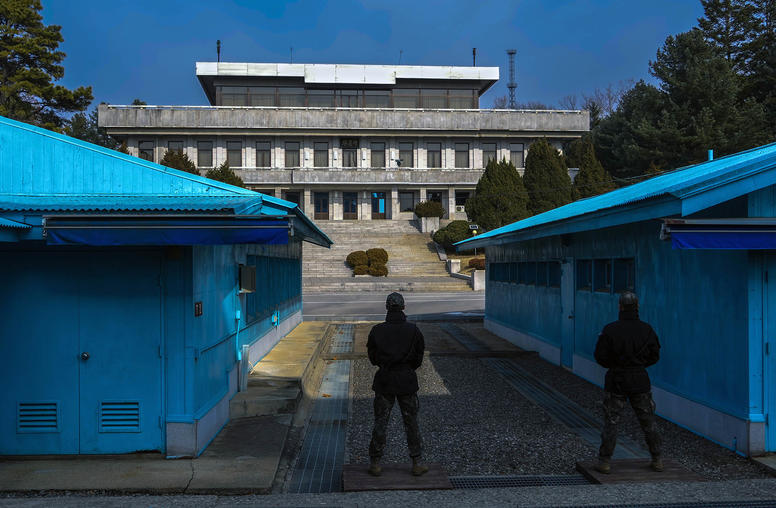
When we talk about advising and mentoring in transitioning and/or post conflict environments, we often hear people use the word "influence," as in the effort to build or strengthen or shape.
However, is the notion of influencing an legitimate objective in advising and mentoring? We, the international community which engages in advising and mentoring as the approach to strengthening the capacity of institutions and individuals, should ask ourselves that question. What is the impact of using that term? Or is it just a term for lack of a better one?
Let's think about the connotations of influence because there is much nuance. Indeed, influence as defined by Webster as the "act or power of producing an effect without apparent exertion of force or direct exercise of command." Influence is better than coercion or the use of force but should it be the driving force behind capacity building? Effective advising requires a respect for local ownership and seeking out the local solution identified and articulated as such by a local actor/official. For example, take the need to manage police equipment within another country’s Interior Ministry. That lack of capacity for managing the inventory requires identifying when supplies get low and need to be replenished. That should be identified as a problem by those officials who have management authority – not by the outside "influencers." So a solution to address that deficiency in the system must be identified by the local officials who will be responsible for its implementation and management. According to this approach to capacity building—which is the only one which offers sustainable solutions and systems—the adviser should only share knowledge and offer ideas to solve problems that have been identified by the host country officials but which the adviser has experience addressing back at home or in prior missions.
So influencing has to go beyond the idea of sharing expertise and is a bit too close to the "cookie cutter" solution which has so miserably failed the international community in so many places.
Effective advising is not as much about influencing, even if the donor’s interests are important, but about solving problems through the identification of solutions and the application of a chosen solution to a locally defined problem. Influencing suggests that outsiders are shaping internal approaches to solutions. That is not sustainable: in the words of more than one local official who had advisers who understood their task as influencing said, "I’ll allow myself to get influenced but will revert back to our way of doing things when the adviser leaves." Advising is a process of filling in the gaps for solutions and approaches that can take root for the long term long after the advisers leave. But instead of influencing with a particular, prescribed outcome, advising can be effective when it is done with a take-it-or-leave-it mind-set. It’s up to the host country to run with the advice – or not. That’s true capacity building.



